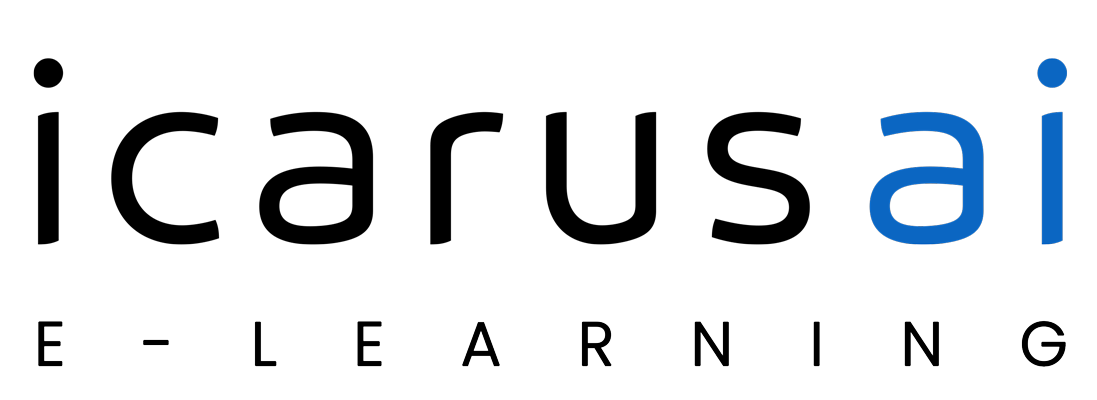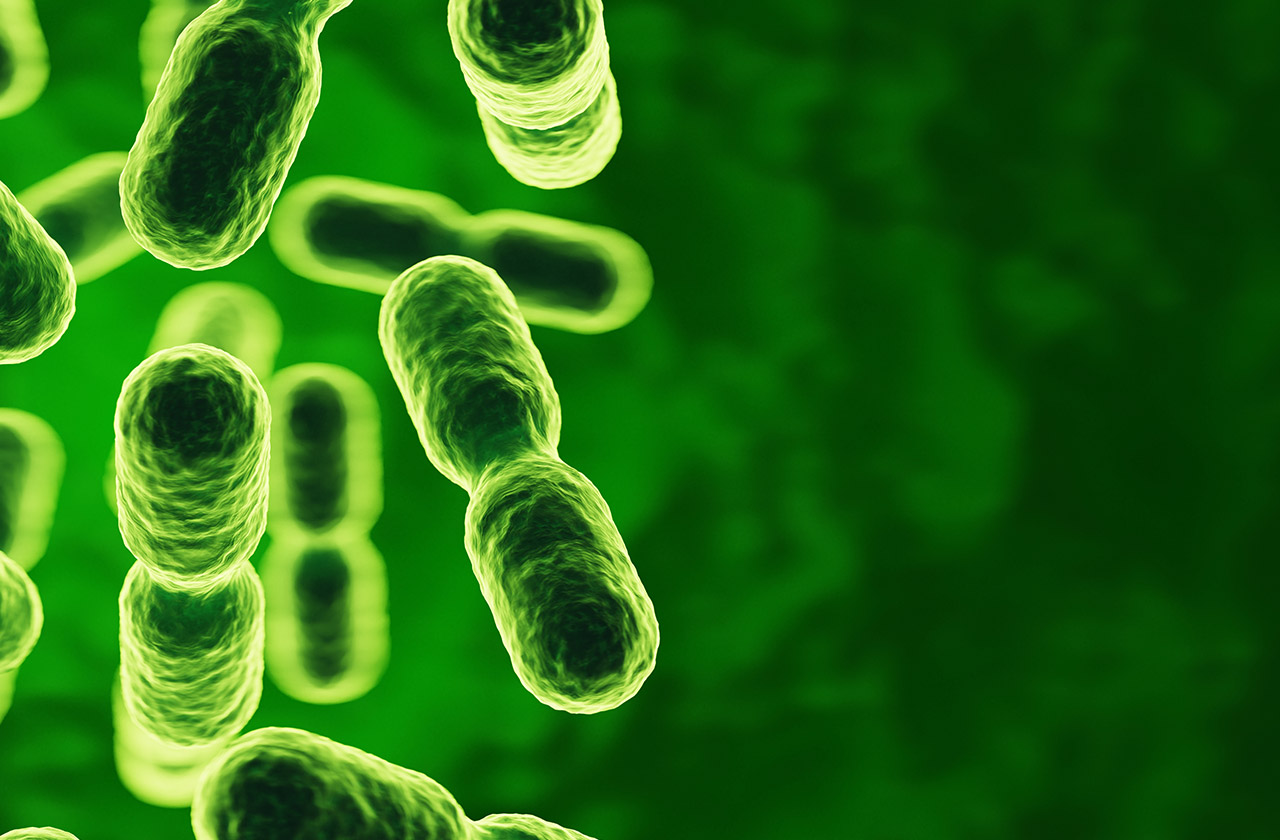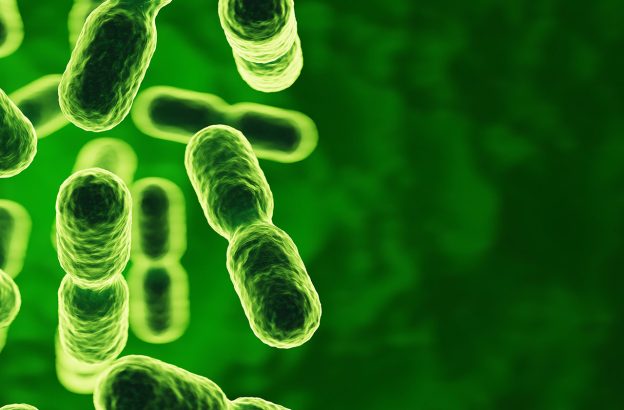This advanced biological science course presents students with advanced biology topics – organization of living & non-living things to adapt to changing environment, bio molecules in everyday life, cellular processes with organisms, understand the biological genetic variation in organisms, central dogma of molecular biology, biotechnology & its application to environment & organisms, organization of body systems & how living & non-living things adapt to external environment. Students will learn through synchronous teaching – text, images and videos , with integration of learning activities, simulations & virtual labs, project-based learning – collaborative skills and assessment will be both formative & summative.
This course will construct advanced knowledge and skills on various scientific discipline:
Ecology – ecological interactions of organisms in various biomes, biochemistry – molecular interactions of proteins, structural biology of interactome and their diversity in various organisms, application & importance of 3D structure in medicine,
Cell biology – exploring components of a cell and understanding cell physiology of various cell types, role of single cell
genomics in medicine,
Molecular biology – exploring central dogma of molecular biology in normal cell types & diseased cell types, new advancement tools, instrumentation & techniques in hands-on & virtual classes.
Anatomy & physiology – structure & function of invertebrate & vertebrate biology then connecting it to molecular anatomy and physiology including scientific connections to medical genetics.
Development biology – embryology – evolution & development of organisms, understand the role of development biology in controlling anatomical structures & physiological processes, signaling within the cell and its fate in cellular development,
Genetics– genome evolution, understand the expression of genome in animals, plants & microbes and how it regulated diversity, how scientific research and new evolving genomics is helping us to understand the diversity & evolution of pathogens & how we able to create diagnostic tools & genetic medicines by integration of bio-informatics,
Immunology – Innate & passive immune system, immunology of parasitic, viral, fungal, bacterial diseases , diagnostic tools in immunology, scientific advanced in understanding pathogens.
Biological risk reduction – procedures to regulate the spread of infections with special focus on COVID-19., adverse events, blood borne pathogens and CDC-Project First Line.
Course Content
L01 Organization of life and chemical foundation of biological molecules - atoms to ecology and carbon to nucleic acids
About Instructor


